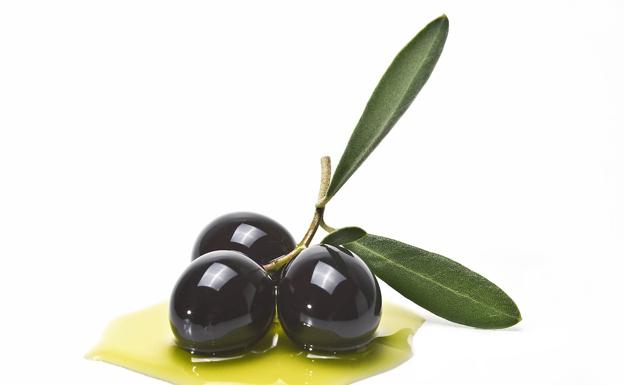The blockchain goes beyond the famous bitcoin and also the financial sector. The rural world is digitized, artificial intelligence opens a gap in the harvest and now digitization also reaches the collection of olive oil.
The blockchain is also part of the value chain of liquid gold from Spanish olive groves. The pure blockchain, linked to bitcoin, is the closest thing to a gigantic ledger in which the records are linked and encrypted to protect the security and privacy of the transactions.
On this basis, IBM has built its IBM Food Trust system where “consumers around the world can follow food traceability with complete confidence,” Santiago Bollaín, IBM Spain Business Director, details to this newspaper.
“The enterprise blockchain, at least as we understand it from IBM, is a little different from the base technology”, he highlights.
The system developed by IBM is capable of recording and protecting each step that a final product takes until it reaches the consumer’s home. An open letter to which the Granada firm Conde de Benalúa has joined.
This Andalusian cooperative sold 12 million liters of oil in the 2019/2020 season that has just ended. Count of Benalúa receives the olives from the farmers at his Granada oil mill.
There, the harvest is weighed, classified and digitally recorded. Afterwards, the olive is treated to be able to extract the oil in its different qualities.
Then it goes through the chemical analysis of its quality but also by a team of tasters who grant it the seal of the Montes de Granada designation of origin if the required parameters are reached. Finally, the oil is distributed to manufacturers and distributors.
Now all this process can be followed step by step thanks to the IBM Food Trust blockchain. Consumers are increasingly demanding more information about the products they are consuming. “With this system, total transparency is achieved,” says Bollaín.
“The goal is for consumers to be aware of everything behind the oil they use in their kitchen on a daily basis and at the same time know how to distinguish that when they pay for a good product it is truly the product it claims to be”, commented Eduardo Valverde Granados, CEO of Conde de Benalúa.
Each member of the blockchain network has an exact copy of the data, and any information added to the blockchain is shared across the network based on the permission level of each participant.
“Consumers are becoming more and more demanding and want to know everything about the product they are consuming,” explains Business Director of IBM Spain.
In this way, farmers, wholesalers and retailers can interact more efficiently, accessing data in a comprehensive way and in near real time.










